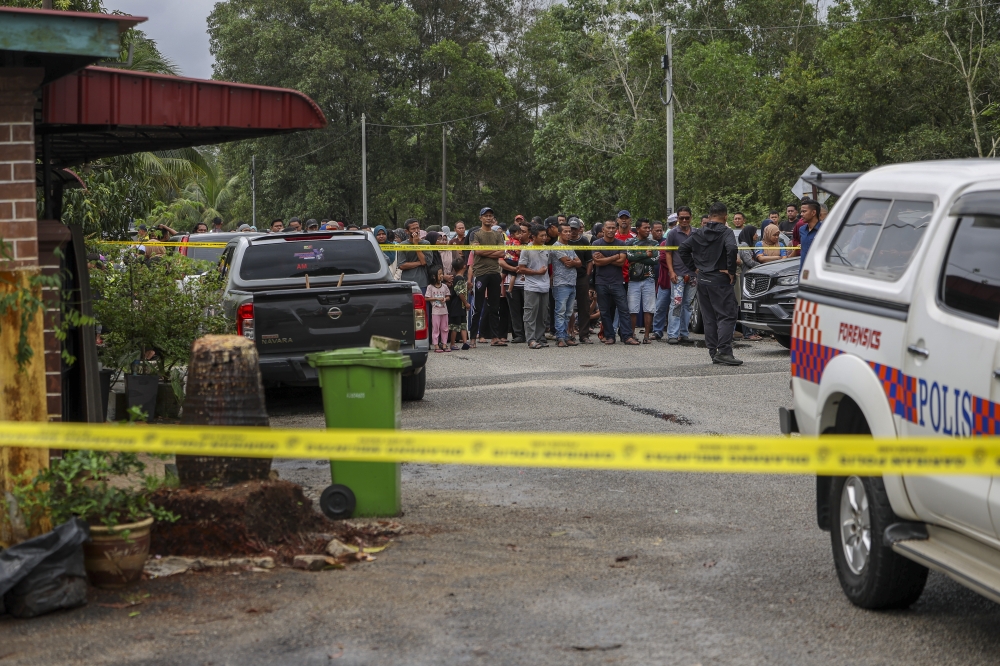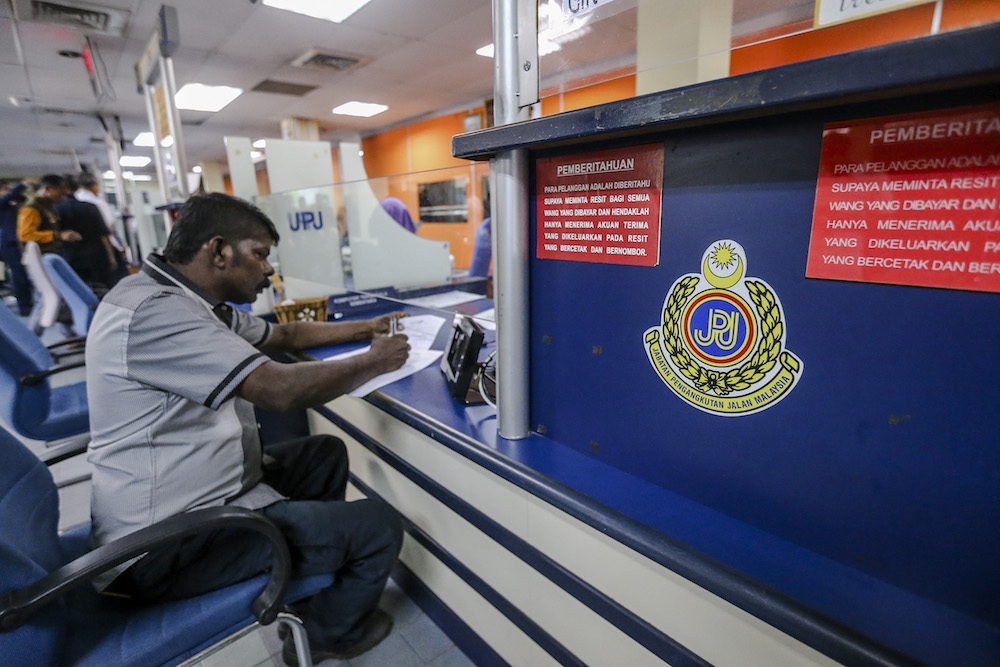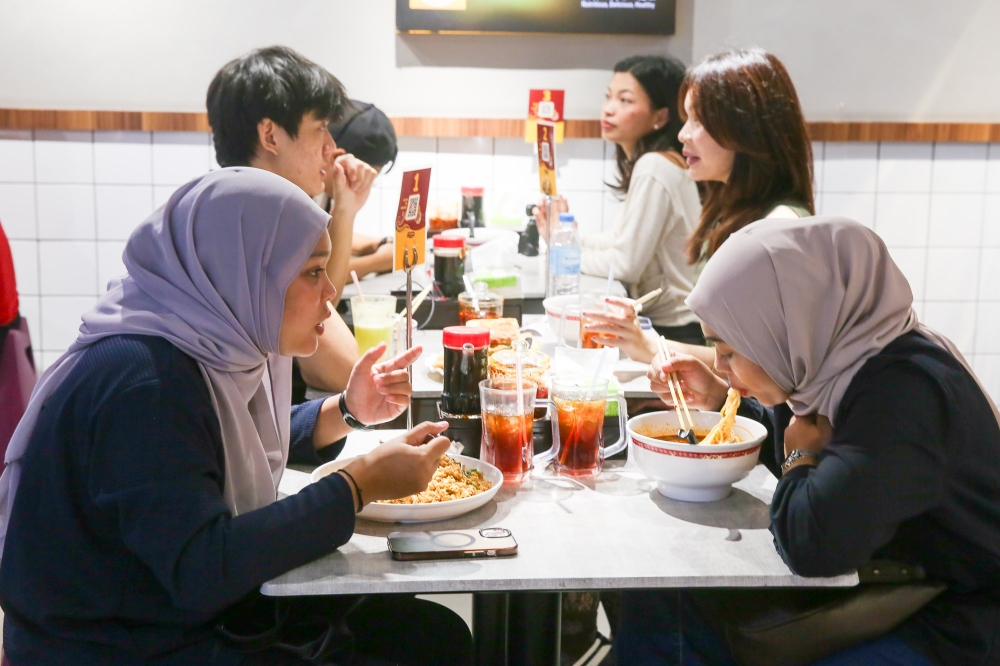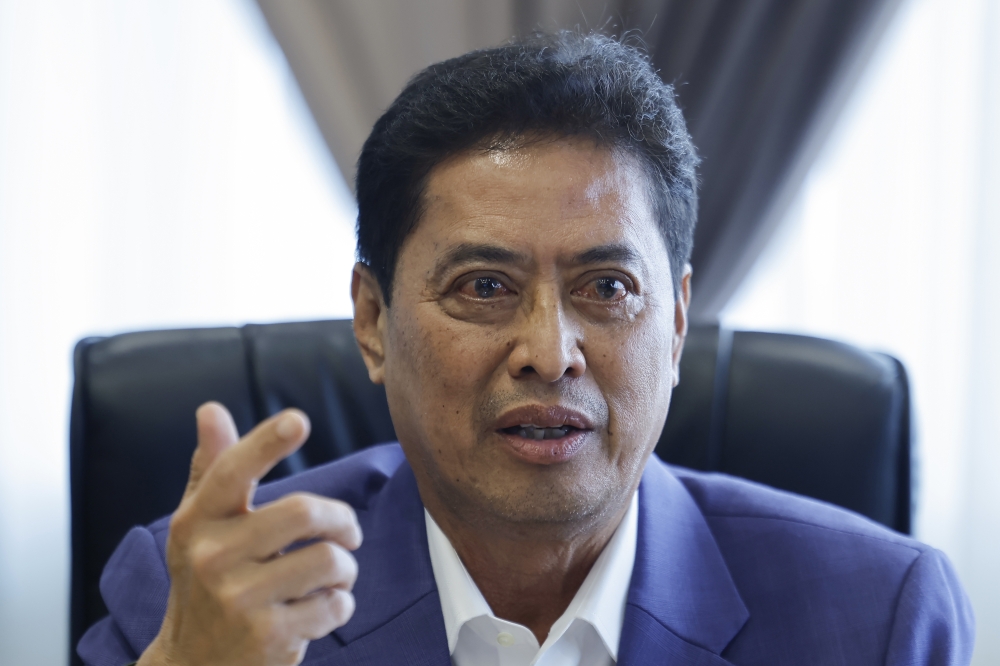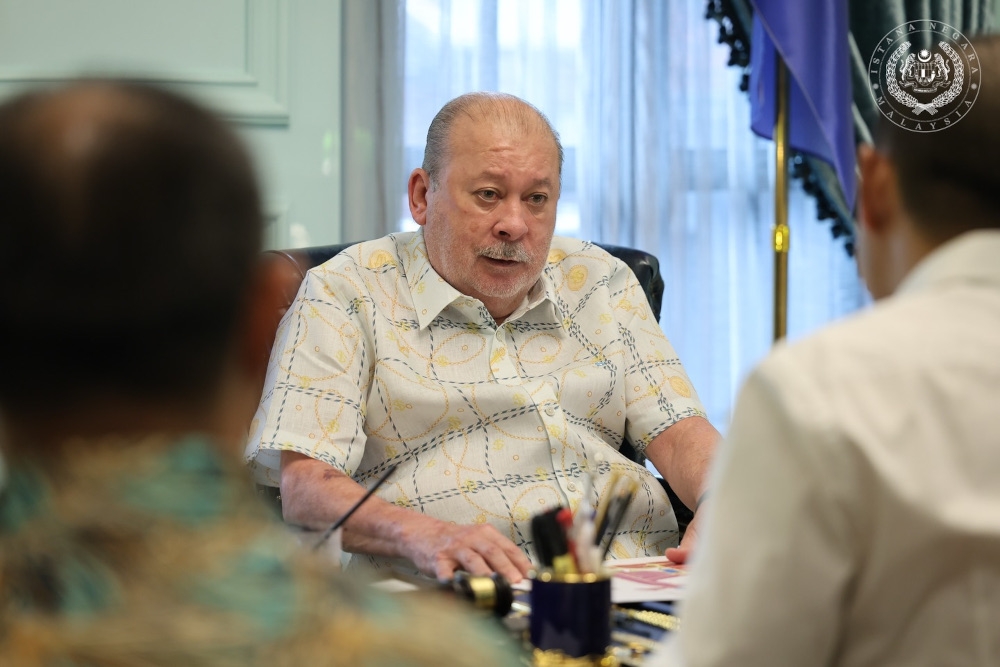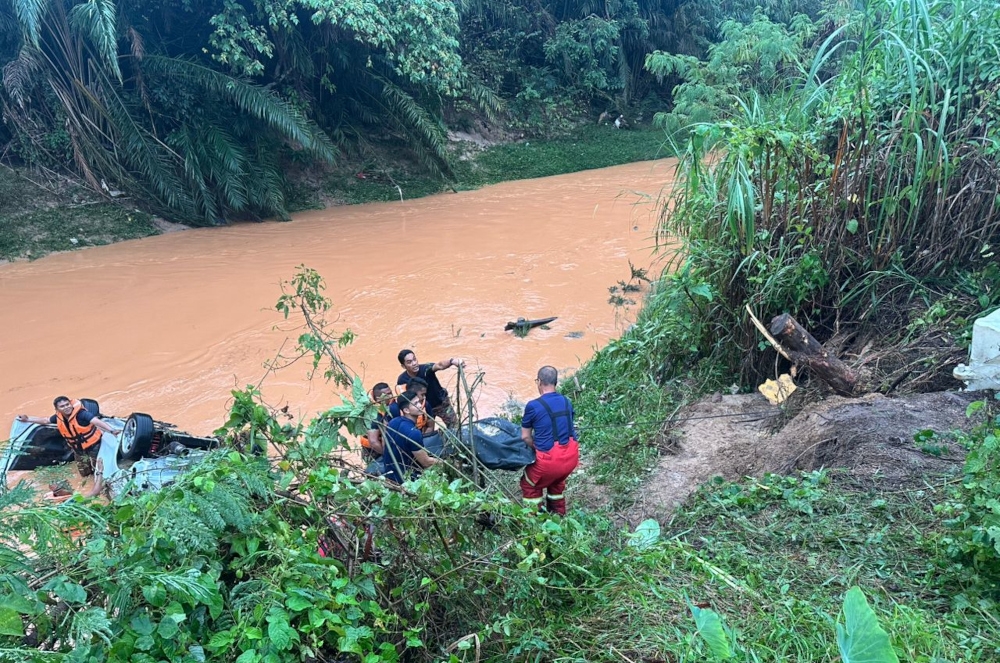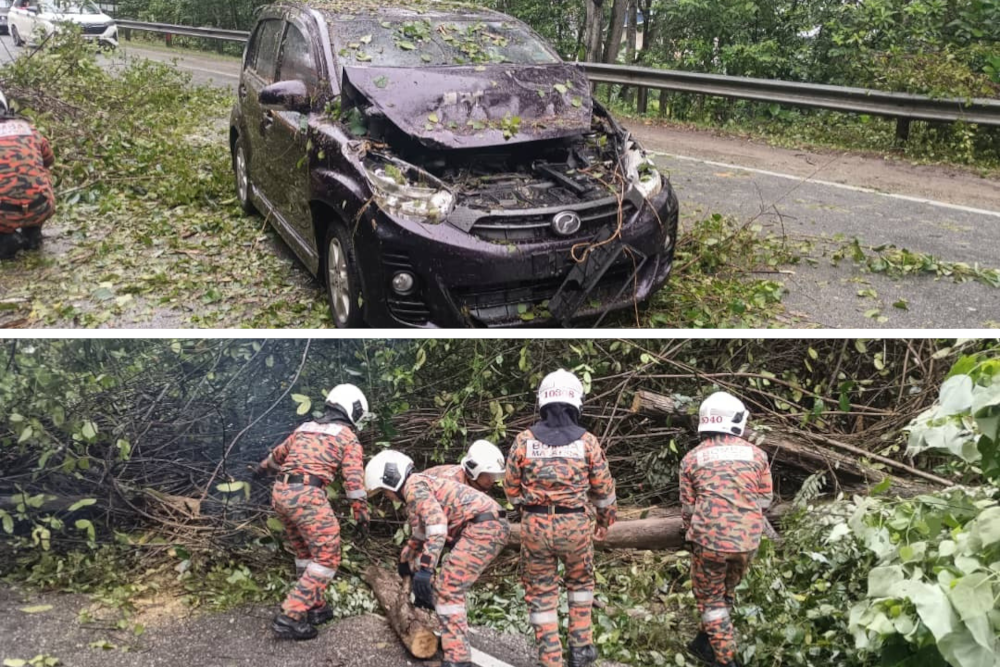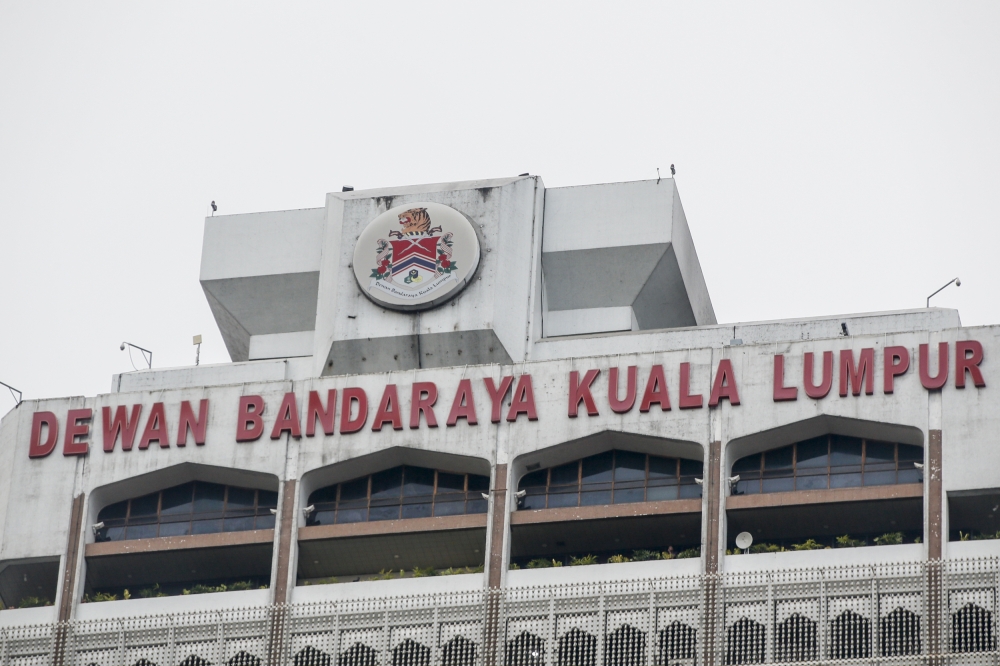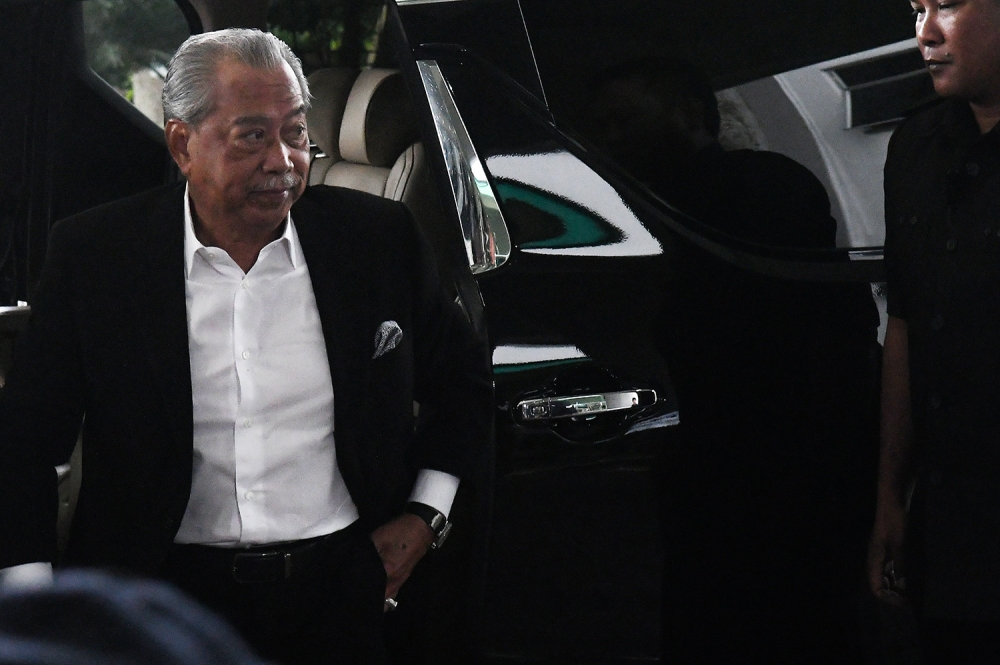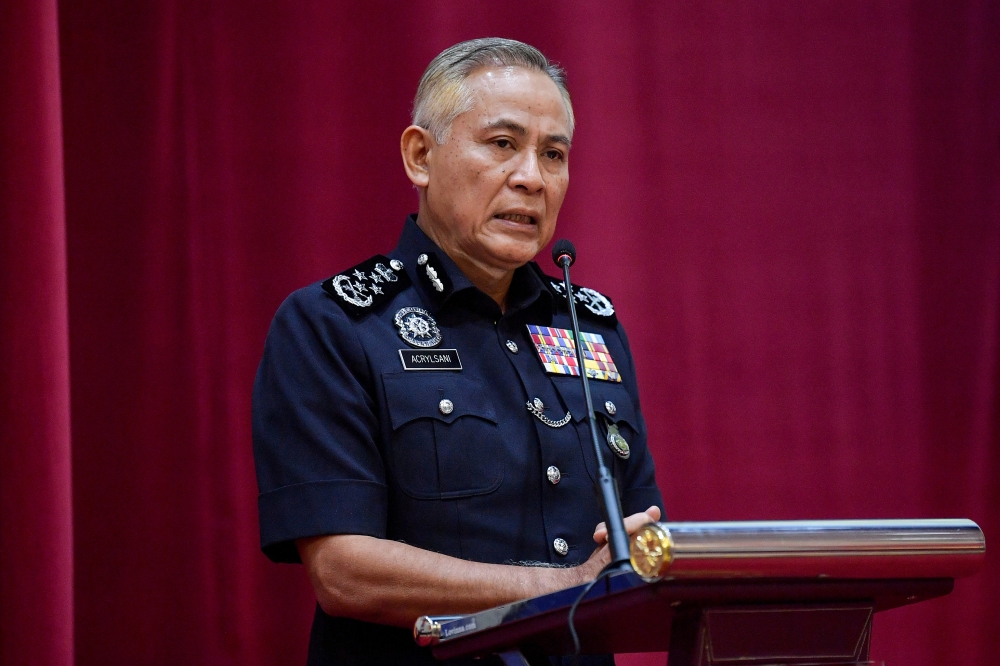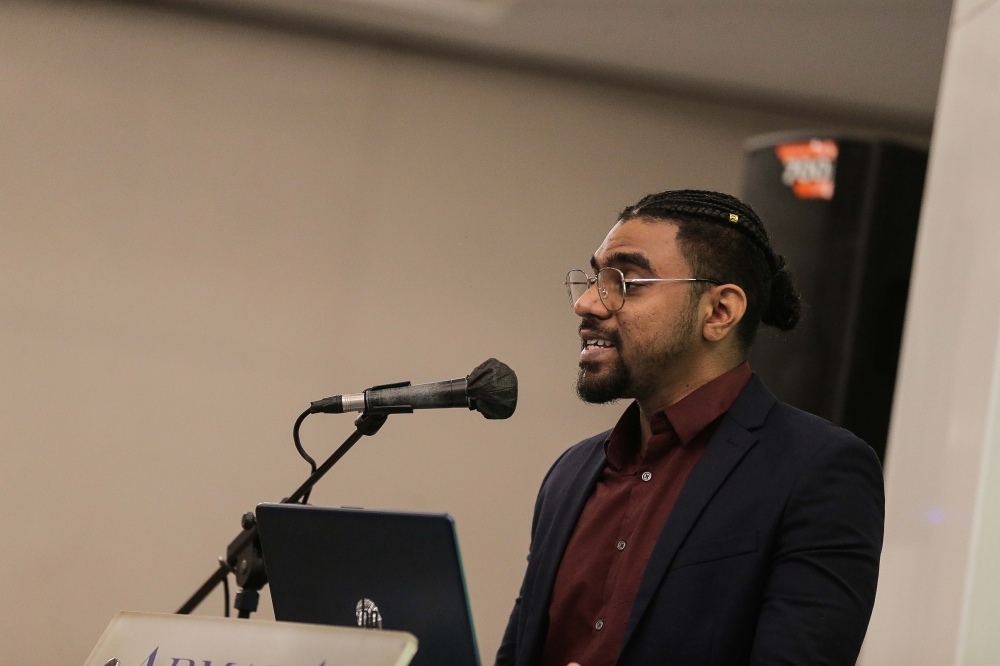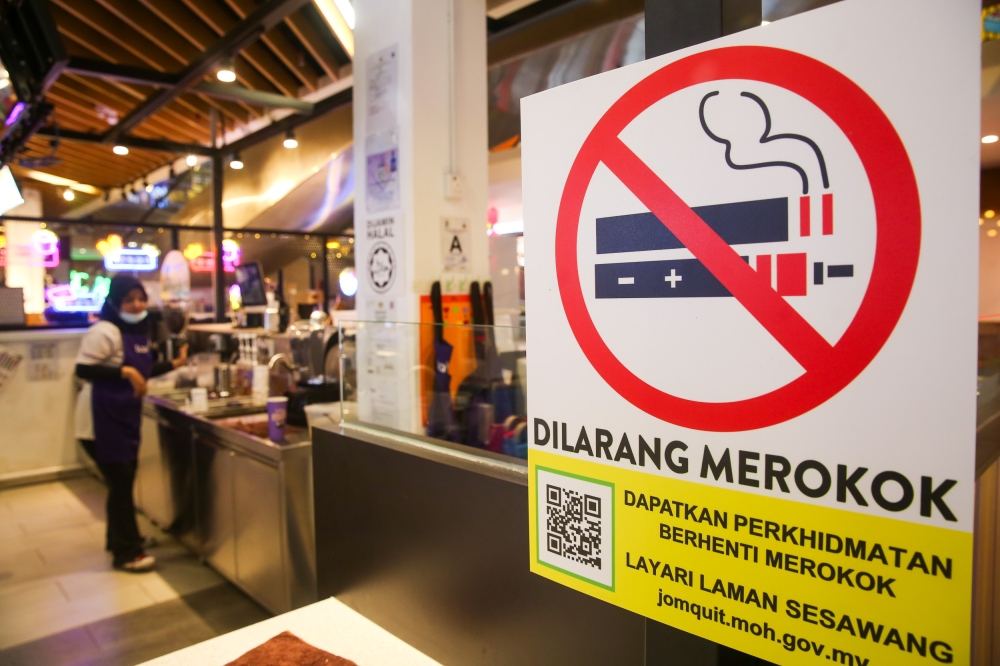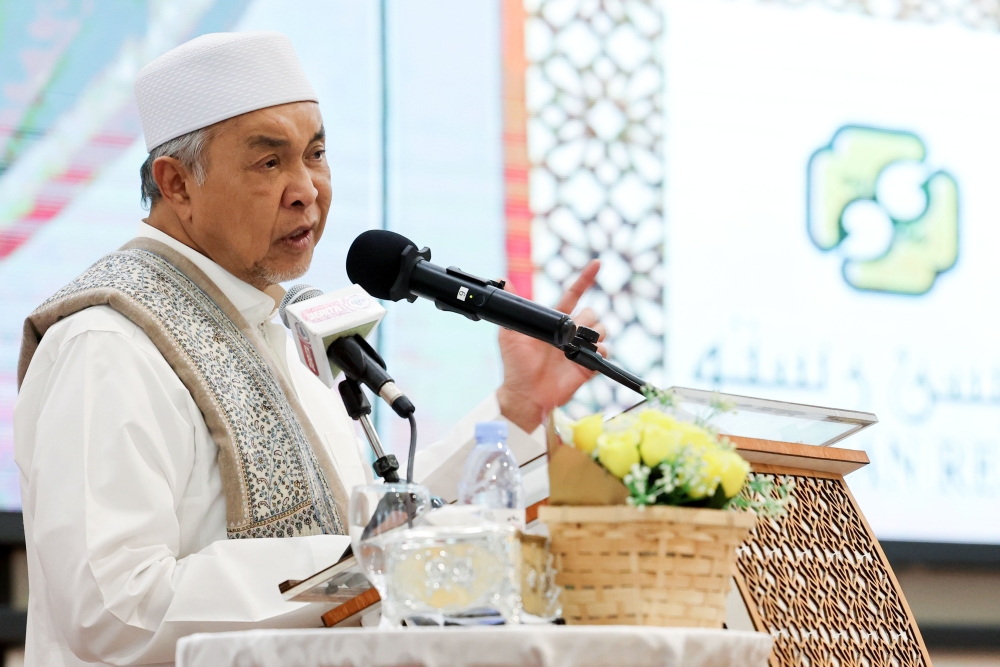KUALA LUMPUR, June 14 — The 15th general election last November might have seen Umno’s worst-ever performance in its history — but this didn’t happen overnight.
In fact, political analysts said that the declining support was evident from as early as the 12th general election, which happened in 2008.
Syaza Syukri, assistant professor of political science at International Islamic University Malaysia, said this would eventually be known as the “political tsunami”.
That year was the first time since the 1969 general election that Barisan Nasional (BN) did not win a two-thirds majority in Parliament.
At the same time, BN lost Penang, Selangor, Kedah and Perak to the Opposition, which was Pakatan Rakyat at the time and made up of PKR, DAP and PAS that also retained Kelantan.
Shaza said that voters continued to turn their backs on Umno in 2013 when it failed to secure the popular vote, and its support has dwindled ever since.
“Major reform is required for Umno to change course and that might take a few election cycles. Definitely not anytime soon,” she said when contacted by Malay Mail.
The situation that Umno finds itself in now will also affect Pakatan Harapan (PH) negatively, with Perikatan Nasional (PN) emerging as the likely beneficiary.
“Umno supporters are ideologically closer to PN than PH.
“If Umno supporters shift to PN, which is likely, PN might become the biggest bloc.
“Will PN return to power? That depends on how PN builds a coalition with GRS (Gabungan Rakyat Sabah) and GPS (Gabungan Parti Sarawak). PN on its own cannot win enough seats to form the federal government,” she said.
In fact, she said the chances of one coalition winning any election on its own is now a thing of the past, especially for Umno.
“While Umno and PH are currently in a coalition, it is mainly orchestrated by the leaders and not supported wholeheartedly by the grassroots.
“Umno supporters feel pressured to vote for DAP, and those who have lost trust in the party are likely to either sit out the state polls or choose PN in the name of Malay political unity,” she said.
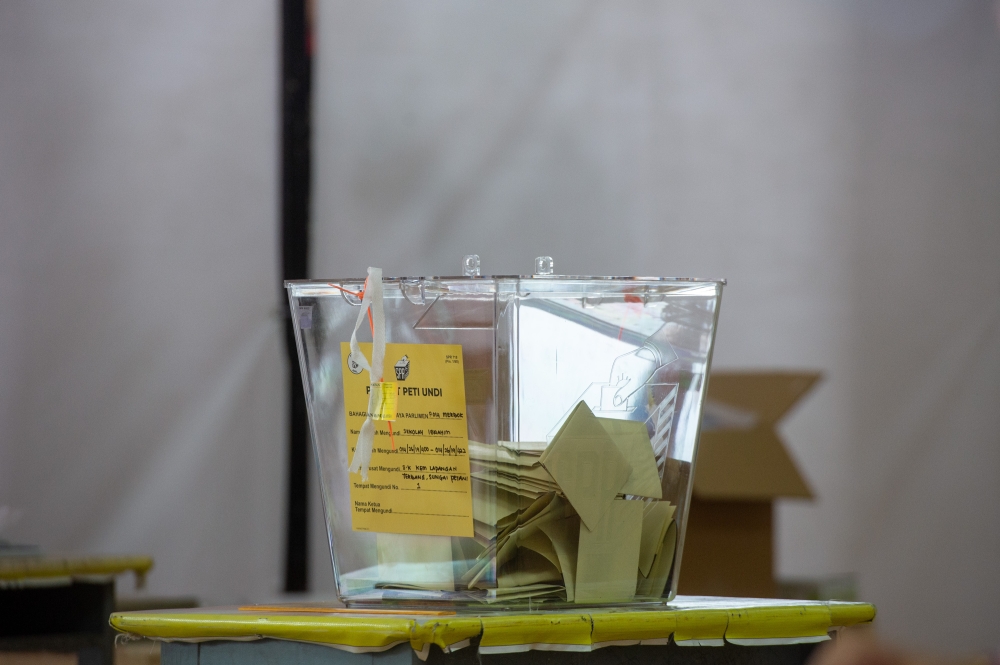
Tipping point
Weighing in, Nusantara Academy for Strategic Research (NASR) senior fellow Azmi Hassan said that while the popular vote is not the only benchmark by which a party’s popularity is measured, it can offer some indication of a party’s wellbeing.
As for Umno, he said that its popular vote has been on the decline since 2008.
“In 2004, Umno had 64 per cent of the popular vote, but it decreased to 55 per cent in 2008, 53 per cent in 2013, and a low of 39 per cent in 2018.
“In the most recent election, GE15, Umno received only 31 per cent of the popular vote, showing a clear downward trend.
“As a result, the number of seats won by Umno also declined proportionately,” he said.
Azmi said a downward trend in the popular vote indicates that Umno can’t win an election on its own now.
“It is very true that in the current scenario, not only is Umno finding it difficult to form a government alone, but this goes for other parties too, and GE15 demonstrated that even though PH obtained the highest number of votes, it also could not form the government alone.
“So, after this, I think it will be the coalition method. No single party can form a government in this case. Unless before any general election, the coalitions combine together as a new coalition; only then can they form a federal government.
“This indicates that not only Umno, but also other political parties, including the other two coalitions, which is PH and PN, need some sort of help, some sort of coalition after a general election to form the federal government,” he added.
If Umno is not healthy politically, Azmi warned, it will affect PH, because BN and PH are cooperating.
However, the results of the cooperation can only be seen following the outcome of the six state elections.
“In the unity government, of the three parties seen as having the ability to acquire or influence Malay votes — Umno, PKR and Amanah — only Umno has the strongest capability and strength to do so.
“But Umno is at its weakest point right now. There are some doubts whether Umno can attract Malay votes, especially with PAS and Bersatu in the picture. A weak Umno will affect PH and also the unity government negatively in the state elections or even the 16th general election.
“With Umno dragging down PH because they are cooperating, it will offer a chance to PN to return power in the next general election, but not before, as in after the unity government ends its term,” Azmi said.

Unresolved issues
Through observations on the ground, Mohammad Tawfik Yaakub, senior lecturer at Universiti Malaya’s department of political science, public administration and development studies, said that the downward trend shows that Umno is still dealing with protracted problems related to internal and external support that have yet to be properly addressed by the party leadership.
“For me, Umno needs some kind of magic touch by its leadership to boost the party’s performance in the coming state elections.
“For example, party president Datuk Seri Ahmad Zahid Hamidi does not need to actively head the party machinery in the six state polls. He could hand it over to his deputy,” Tawfik said when contacted.
He added that Umno-BN cannot be too insistent on contesting in areas where the majority comprises non-Malay voters.
He said they should also reduce the number of candidates for certain state seats that are challenging to win, such as in the PN strongholds of Kelantan and Terengganu.
In addition, Tawfik said the declining support for Umno suggests that the party will face a tough battle in state elections, as some of its state seats fall under parliamentary seats won by PN in GE15, and therefore, are at risk of changing hands.
“For example, Bandar Baharu, which is represented by Umno, is under the Kulim Bandar-Baharu parliamentary seat, which was won by PN in GE15. The Sungai Panjang state seat (held by Umno) in the Sungai Besar parliamentary constituency was also won by PN in GE15.
“Although Umno through BN is cooperating with PH against PN on a one-on-one basis, this strategy has yet to be tested in an election setting after GE15,” he said.
Tawfik also stressed that BN and PH supporters, who still refuse to cooperate politically to this day, could affect their performance in the coming state elections.
In fact, he said various unresolved issues, including the dismissal of party leaders, the rejection of Zahid’s leadership by some factions within Umno, and court cases involving party leaders, have chipped away at the support for Umno.
Arm’s length
Echoing Shaza and Azmi, Tawfik also warned that PH will be affected be Umno’s fading electoral popularity.
He suggested that the Anwar-led coalition should distance itself from Umno-BN in the state elections and focus on the seats that it is contesting instead.
He also said that the coalition should launch a campaign strategy that targets the areas where only PH candidates are standing.
“If PH leaders allow Umno-BN leaders to campaign in areas contested by PH, I am sure PH supporters will be angry and this could lead to protest votes.
For GE16, however, he said that PH and BN should dilute their alienating political messaging with a view to forming a large political entity called the “Malaysian Unity Party” that overshadows all of the unity government’s component partiaes.
“However, the strategy of establishing the ‘Malaysian Unity Party’ is not suitable for the six state elections due to a narrow timeframe,” he said.

